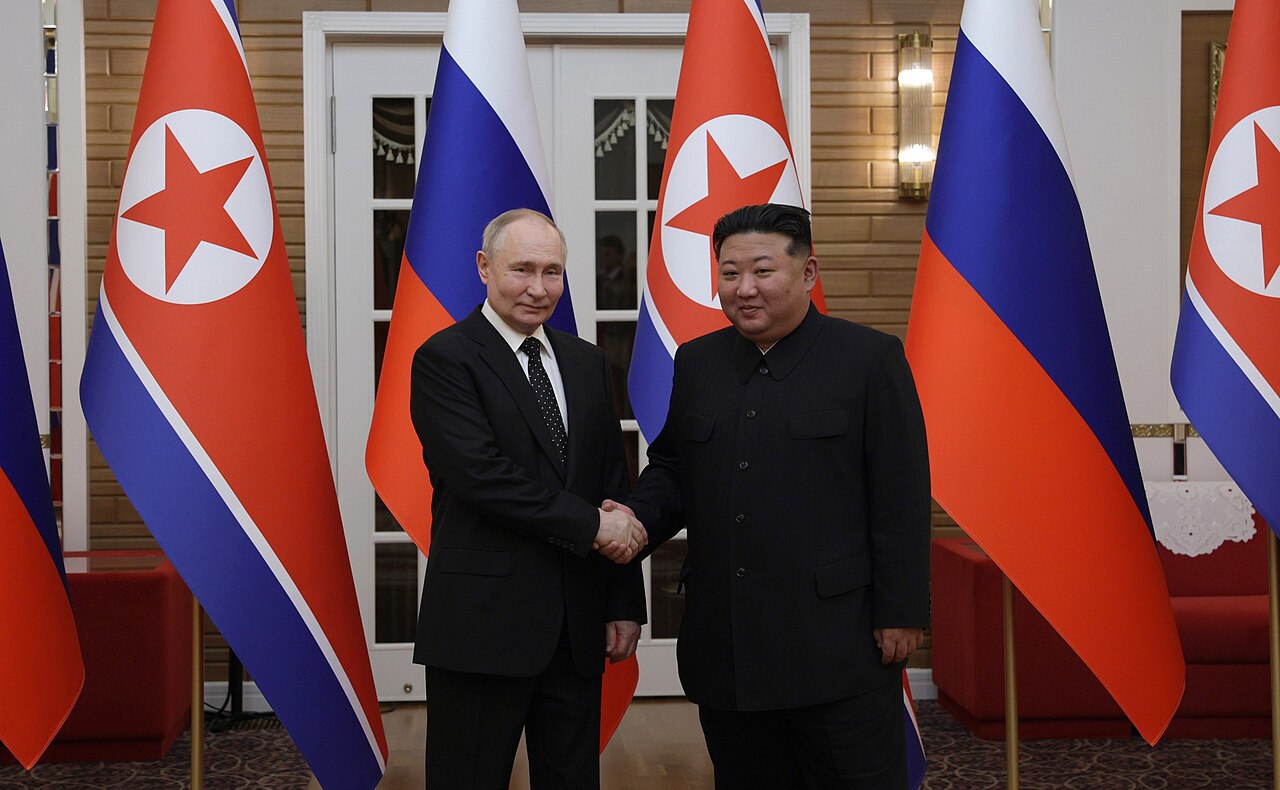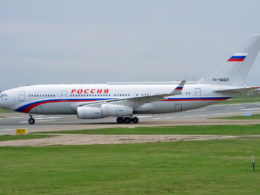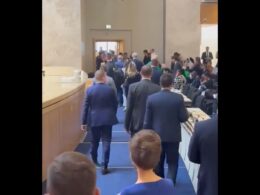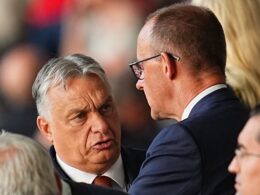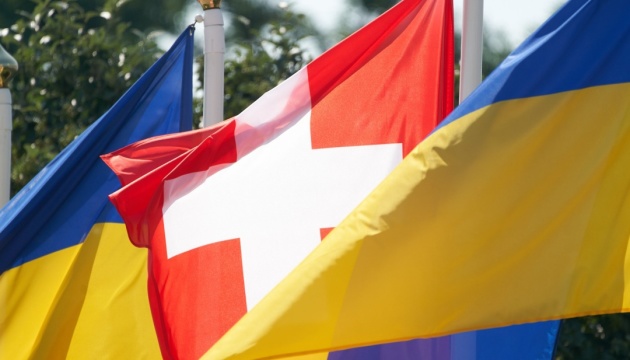Ukraine's Ministry of Foreign Affairs is urging the international community to impose stronger sanctions on Russia and North Korea following their acknowledgment that North Korean troops are participating in the war against Ukraine.
On 28 April 2025, North Korea officially acknowledged sending troops to support Russia’s military operations against Ukraine, specifically in Russia’s Kursk Oblast, framing their involvement as repelling a Ukrainian invasion of Russian territory.
This deployment was ordered by the North Korean leader Kim Jong Un under a 2024 strategic partnership treaty with Russia, with North Korean state media praising their soldiers for “heroic feats” and announcing plans to erect a monument in Pyongyang to honor their service.
Russian President Vladimir Putin subsequently acknowledged and expressed gratitude for the North Korean military support.
Speaking during a livestream on X, Foreign Ministry spokesperson Heorhii Tykhyi described the admission as significant, particularly because Moscow and Pyongyang had previously denied any such involvement.
"This once again emphasizes that both regimes – Putin's and Kim Jong-un's – cannot be trusted. The threats are stemming from Russian-North Korean cooperation," Tykhyi stated.
The spokesperson emphasized that the growing military collaboration between Russia and North Korea presents dangers beyond Ukraine's borders, threatening Europe as well as the Indo-Pacific region and Korean Peninsula.
Tykhyi pointed to evidence of technological improvements in North Korean weaponry being used in the war.
"North Korea is testing its weapons in Ukraine. When Russia started using North Korean ballistic missiles more than a year ago, they were very inaccurate. And now they have become much more accurate," he explained.
Ukraine is advocating for increased international pressure on both regimes, with Tykhyi noting that the global community possesses various tools, such as harsher sanctions, to restrict their access to Western technologies in weapons or equipment used against Ukrainians.
The United States expressed concern over the development, while the European Union characterized it as "a manifestation of desperation on Russia's part."
North Korean support for Russian aggression
North Korea has become a critical lifeline for Russia in its war against Ukraine by supplying up to 50% of Moscow’s ammunition needs, including 4 to 6 million of artillery shells, rockets, and ballistic missiles.
North Korea also deployed thousands of troops to Russia's Kursk Oblast, who, despite initial poor performance, gained valuable combat experience and improved coordination with Russian forces, enhancing their battlefield effectiveness.
The Kursk operation began on 6 August 2024, when Ukrainian forces launched a major cross-border incursion, aiming to divert Russian troops from other fronts and pressure Moscow into fairer peace negotiations. The operation was also intended to prevent Russia from occupying Ukraine’s Sumy and Chernihiv oblasts and to disrupt Russian plans for buffer zones along the border.
North Korea deployed thousands of troops to the Kursk front who, despite initial poor performance, have gained valuable combat experience and improved coordination with Russian forces, enhancing their battlefield effectiveness.
While Russia claims that it fully expelled Ukrainian forces from the Kursk Oblast, Ukraine denies that fighting has ended, maintaining active defense and expanding the front to a neighboring Russia's Belgorod Oblast.
Meanwhile, NATO intensified efforts to learn from the Ukrainian combat experience to prepare for the growing military threat posed by the deepening Russia-North Korea alliance.

